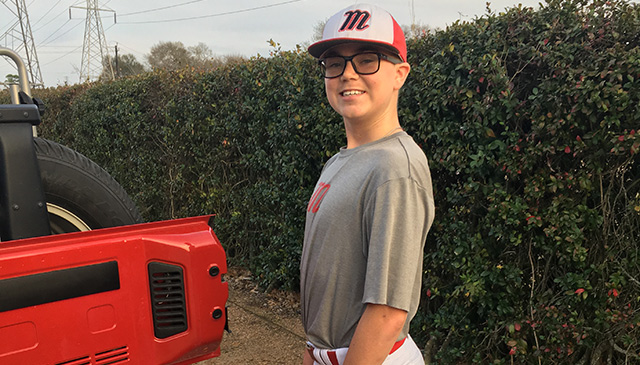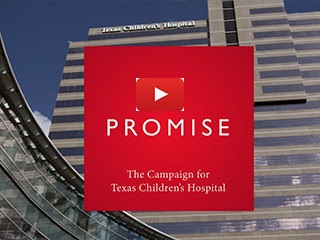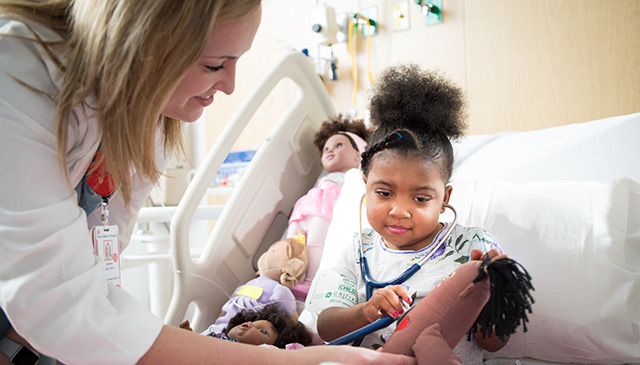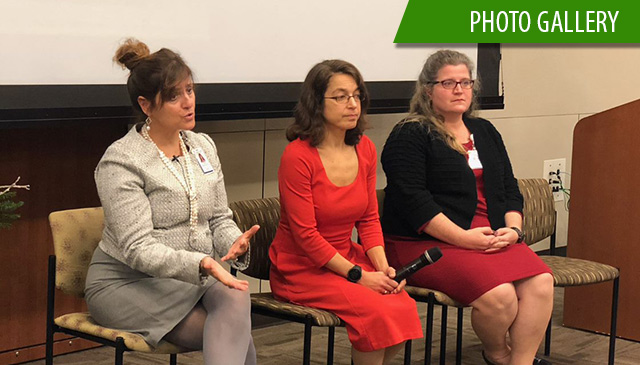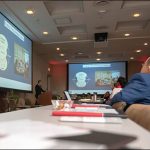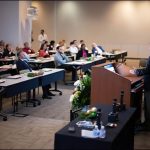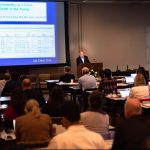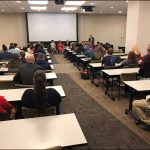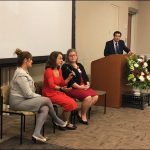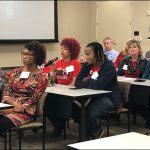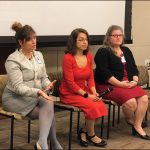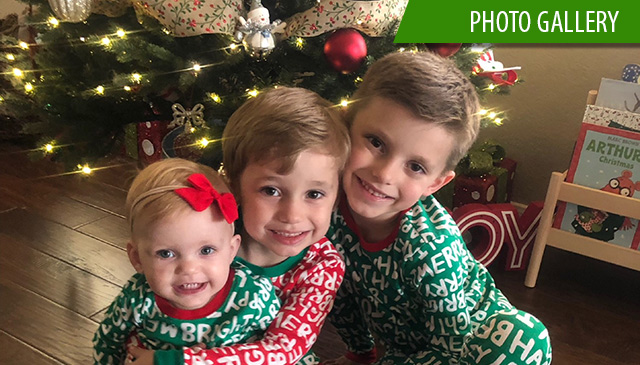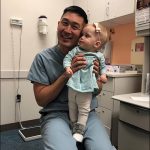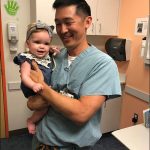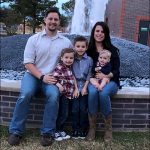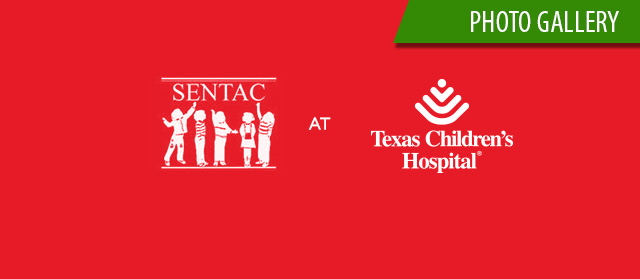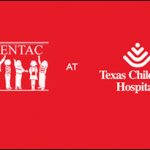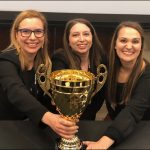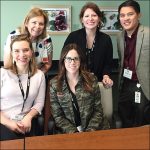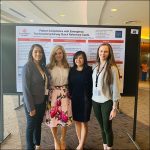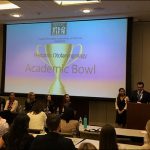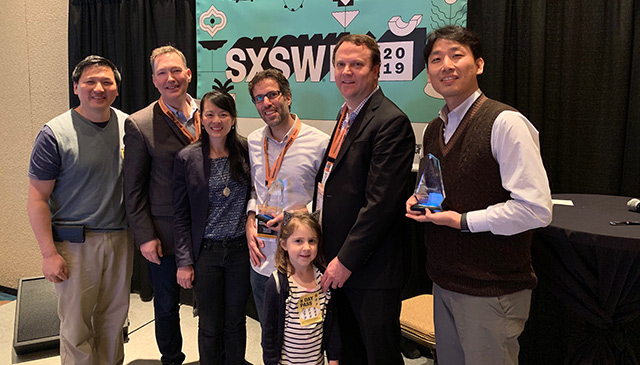
On March 9, twelve finalist startup companies vied for awards and valuable grant funding at the fifth annual Impact Pediatric Health, a one-of-a-kind pitch competition held at SXSW that showcases the best in pediatric health care innovations. Out of 50 national and international startup applicants, the judges selected four companies to receive $25,000 grants in the Medical Devices category, provided by Southwest National Pediatric Device Consortium (SWPDC).
The four grant recipients were:
- Bardy Diagnostics (Seattle, Washington): Develops digital health and cardiac monitoring technology
- Prapela (Boston, Massachusetts): Uses random vibration stimulation to help newborns breathe, relax and sleep
- PolyVascular (Houston, Texas): Designs and develops polymer-based heart valves for children that accommodate growth and reduce need for repeat surgeries
- Smileyscope (Cambridge, Massachusetts): Transforms pediatric care delivery using virtual reality
“We were blown away by the level of talent and incredible innovation showcased at this year’s Impact Pediatric Health pitch competition,” said Dr. Chester Koh, Executive Director of SWPDC and pediatric urologist at Texas Children’s Hospital. “At Impact Pediatric Health and SWPDC, we are always looking for the next cutting-edge breakthrough in the world of medical devices, and we are excited to stand beside these four companies, and to help accelerate the next generation of medical device companies impacting our youngest of patients.”
In addition to the Medical Devices category, tech startup applicants also competed in the pediatric Digital Health and Health Disparities and Equity categories. Sound Scouts of Sydney, Australia, won top honors in Digital Health for its work developing app-based hearing assessments for school-aged children. And PolyVascular – co-founded by Dr. Henri Justino, interventional cardiologist and director of the Charles E. Mullins Cardiac Catheterization Laboratories at Texas Children’s Hospital – also received the Health Disparities and Equity award.
Winners across each category and all participants benefited from valuable feedback from a host of industry experts serving as judges at the event, including representatives from the sponsoring children’s hospitals. The panel included:
- Molly McCarthy MBA, RN-BC, National Director of US Provider Industry and Chief Nursing Officer at Microsoft
- Bonnie Clipper, VP, Practice and Innovation at the American Nurses Association
- Peggy Maguire, President of Cambia Health Foundation
- Andrew El Bardissi, Principal of Deerfield Management
- Stacy Feld, Vice President, Consumer Venture Investments & External Innovation at Johnson & Johnson.
This year’s event was hosted by emcee, Lisa Suennen, Managing Director of Manatt Health
The Impact Pediatric Health Startup Pitch Competition was created as an opportunity for up-and-coming digital health and medical device startups to pitch their innovations to a panel of children’s hospital executives and investors during SXSW in Austin, Texas. The event is co-sponsored by Texas Children’s Hospital and six other leading U.S. children’s hospitals – Children’s Healthcare of Atlanta, Boston Children’s Hospital, Cincinnati Children’s Hospital, Children’s Hospital Los Angeles, Seattle Children’s Hospital and Lucile Packard Children’s Hospital of Stanford Children’s Health.
About SWPDC
The Southwest National Pediatric Device Consortium (SWPDC) – anchored at Texas Children’s Hospital and Baylor College of Medicine – is a multi-institutional consortium that includes clinical, scientific, business, financial, regulatory, reimbursement, engineering, intellectual property and academic partners in the Houston / Southwest U.S. region. The consortium received a five-year, $6.75 million FDA P50 Pediatric Device Consortia (PDC) grant to support innovation, mentoring and collaborations amongst pediatric clinicians and surgeons, engineers, industry, and other partners for pediatric device development.


